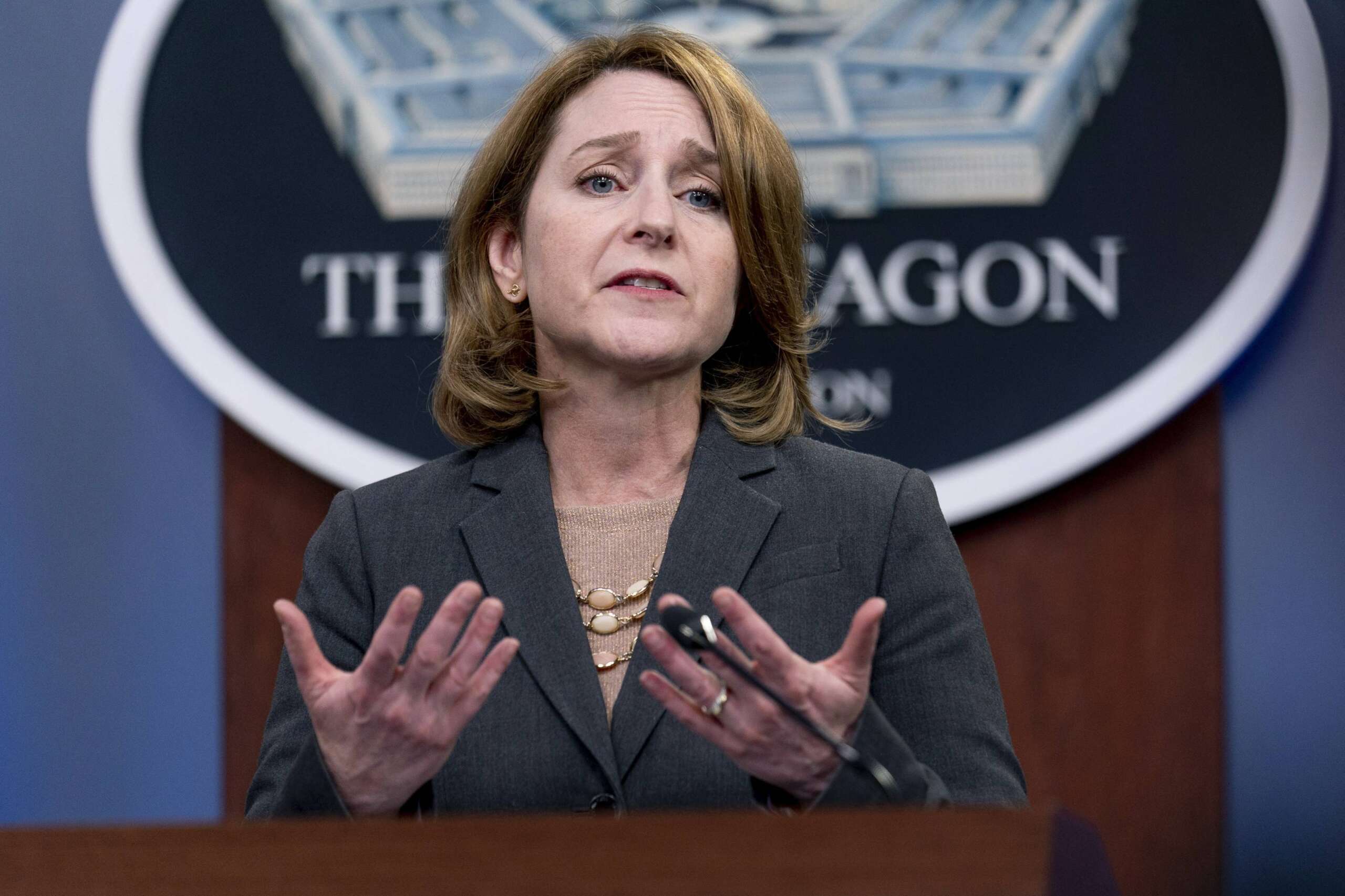
In a call to action, Deputy Secretary of Defense Kathleen Hicks emphasized the urgency of passing the National Defense Authorization Act (NDAA) for fiscal year 2024 during a recent Center for New American Security event in Washington. Hicks highlighted the critical role that the NDAA plays in maintaining a healthy civilian-military relationship and ensuring the recruitment and retention of military personnel.
The Deputy Secretary expressed her concerns, stating that “one of the strongest signals of healthy civil-military relations we can send right now is Congress passing the fiscal year 2024 Defense appropriations.” She acknowledged the importance of the continuing resolution that keeps the government open but stressed that the ongoing failure to secure necessary resources for defense erodes military trust in civilian leaders. The Department of Defense has operated under a continuing resolution since 2011, resulting in significant delays in various military programs and training.
Hicks also called for an end to Senator Tommy Tuberville’s hold on military nominations, asserting that it is detrimental to the military, military families, and national security. Approximately 370 nominations remain pending in the Senate, hindering the appointment of crucial leaders.
“We bear significant responsibility in DoD leadership and on Capitol Hill for making sure military service is rewarded and rewarding,” Hicks said. “Taking care of our people helps with recruiting and retention, and it’s the right thing to do.”
The Department of Defense is focusing on providing support to military members and their families, emphasizing areas such as childcare, spousal employment, and food security. Notably, 40% of the fiscal year 2024 budget request is allocated to taking care of service members and their families. The proposal includes a 5.2% pay raise for the workforce, the highest in over two decades, with the aim of increasing base pay by 10% in just two years.
Hicks underscored that Secretary of Defense Lloyd Austin has made people a top priority within the Department of Defense. Initiatives such as the establishment of a workforce council, budget allocation for recruitment and retention, and pay and promotion policies reflect this commitment to military personnel.
Despite the challenges posed in the past, the Department of Defense is dedicated to improving recruitment efforts. Using data-driven decision-making and engaging with schools for recruitment purposes are crucial components of this endeavor. In addition, the DoD is leveraging advertisements and social media influencers to share stories and attract potential recruits.
Hicks emphasized the importance of making the military representative of the United States, particularly by reaching out to younger generations like Gen Z. She noted that Gen Z shares a deep desire to contribute to something greater than themselves, and the military should align with this aspiration.
